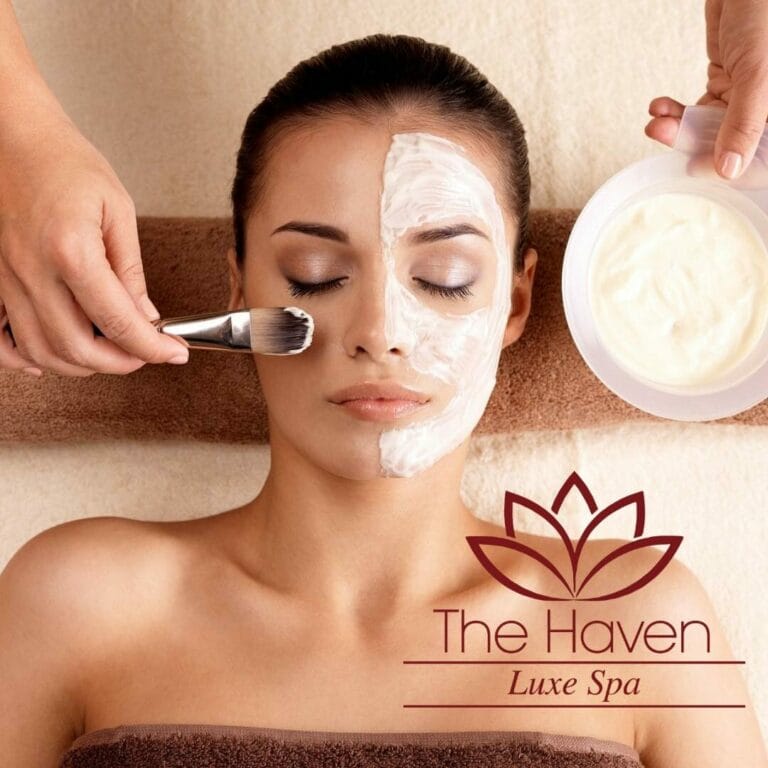Beyond Burnout: 3 Adrenaline Fatigue Biohacks for High-Achieving Women
You're exhausted before the day begins and you feel you crossed the line beyond burnout. We curate the 3 adrenaline fatigue biohacks to help high achieving women return to basics and reclaim the most radical thing a powerful woman can do.

You don’t need a diagnosis to know when something’s off. You used to thrive under pressure. Deadlines sharpened your focus, challenges energized you and your calendar looked more like a war strategy than a schedule. You ran on adrenaline, and you were proud of it. Now? You’re exhausted before the day begins. Your focus slips. Your resilience feels like a memory. You are still delivering but it is costing you something invisible but essential to your wellbeing.
This is beyond burnout. It’s adrenaline fatigue. The slow, quiet erosion of your capacity to recover not just from stress, but from life. And for high-performing women in leadership, it’s rarely acknowledged, let alone addressed. Because exhaustion is still mistaken for excellence. And hyper-functioning is still mistaken for strength.
You’ve likely spent years in a low-grade state of fight-or-flight. Constant alertness becomes your norm. Your nervous system, built to respond to short bursts of danger, has adapted to permanent pressure. Emails at midnight. Boardroom tension. The weight of being the one everyone counts on. You’ve trained your body to respond like it’s always under siege. And for a while, it worked.
But adrenaline has a shelf life. At some point, the same surge that once gave you your edge begins to short-circuit your focus, sleep, mood, and immune system. You start forgetting words mid-sentence. Coffee stops helping. You find yourself staring into space between meetings, not from boredom—but from depletion. No amount of willpower brings back the spark. Because this isn’t about discipline. It’s about biology.
Return to Basics to Recalibrate
The key to biohacking adrenaline fatigue is not about adding more to your plate, it’s about making subtle, thoughtful adjustments that allow your body to recalibrate. It’s not about another wellness trend; it’s about returning to the basics of your body’s natural rhythms, which have been disrupted by the demands of high-functioning corporate life.
It starts with something deceptively simple: breath. It’s easy to dismiss as a small act, but the way you breathe plays a huge role in regulating your nervous system. Breathwork isn’t just for yogis. In fact, slow, extended exhales are one of the most powerful tools you have in managing stress. The simple act of exhaling fully signals your body that you are not in danger, that it is safe to relax. In the midst of a chaotic day, taking 30 seconds to breathe deeply—on a call, before a meeting, during a commute—sends a message to your nervous system that you are no longer in survival mode.

Cold exposure can also help recalibrate your nervous system. It doesn’t need to be a full ice bath or a morning routine of sub-zero challenges. A splash of cold water to the face or a cold rinse at the end of your shower can reset your body’s stress response. It’s a brief shock that pulls you out of the constant cycle of heightened cortisol, reminding your body that it’s safe to shift from fight-or-flight to a more balanced state.
Nourishing the Body
One of the often-overlooked aspects of biohacking adrenaline fatigue is magnesium. For many high-achieving women, magnesium levels are insufficient and it’s a critical mineral that helps regulate stress and cortisol levels. Magnesium is known to calm the nervous system, promote relaxation and improve sleep quality. For an executive who finds herself waking up at 3 a.m. or staring at the ceiling long into the night, magnesium could make a meaningful difference.
Blood sugar regulation is also crucial. Skipping meals, relying on caffeine to power through, or eating too infrequently can trigger a cascade of cortisol and other stress hormones. When blood sugar drops, the body reacts as though it’s under threat, flooding your system with adrenaline. By focusing on consistent, protein-rich meals, you’re not just stabilizing your energy—you’re telling your body that it’s okay to relax, that it’s supported.

When your meals are irregular, when you live on caffeine, or when you crash mid-afternoon and grab something sweet “just to make it through”your body interprets it as another stressor. Cortisol spikes. The cycle continues. Steady protein-rich meals, especially early in the day, are your fuel.
The Role of Light and Sleep
The importance of light exposure shouldn’t be underestimated. Getting outside in the morning sunlight, especially in the first hour after waking, can help regulate your circadian rhythm and stabilize your cortisol levels. It recalibrates your circadian rhythm, anchors your hormones, and reminds your body it’s daytime, not a war zone. At night, reduce the blue light. Let your brain find the dark again. Sleep isn’t a luxury—it’s your nervous system’s only time to heal.It sounds simple, but in an age of artificial lighting and constant digital exposure, this one adjustment can help anchor your energy levels and improve your sleep quality.
Sleep is non-negotiable. But in a world where overwork is glorified, executives often ignore the crucial role of sleep hygiene. A consistent sleep schedule, free from screens and distractions, signals to your body that it’s safe to wind down. The focus should not just be on how many hours you sleep but on creating an environment where deep, restorative rest is possible.
Treat these adrenaline fatigue biohacks as your survival kit. It’s what keeps you from crossing that invisible line where ambition turns into self-abandonment. You don’t need another app, another planner, another color-coded goal. You need to know you’re allowed to slow down before you break down.
You have carried entire teams, built empires and kept everything afloat. But your biology doesn’t care how many zeros are on the deal. It just wants safety. Regulation. Breath. Biohacking adrenaline fatigue isn’t about becoming less; it’s about reclaiming the clarity and presence you lost in the high- achieving process. It is not weakness, is your ultimate strength. The kind of leadership that starts within.
And maybe—just maybe—the most radical thing a powerful woman can do is rest like she means it.
Do you want to share your story and inspire our readers ? Know that YOUR EXPERTISE is paving the way for a fairer, happier society.




